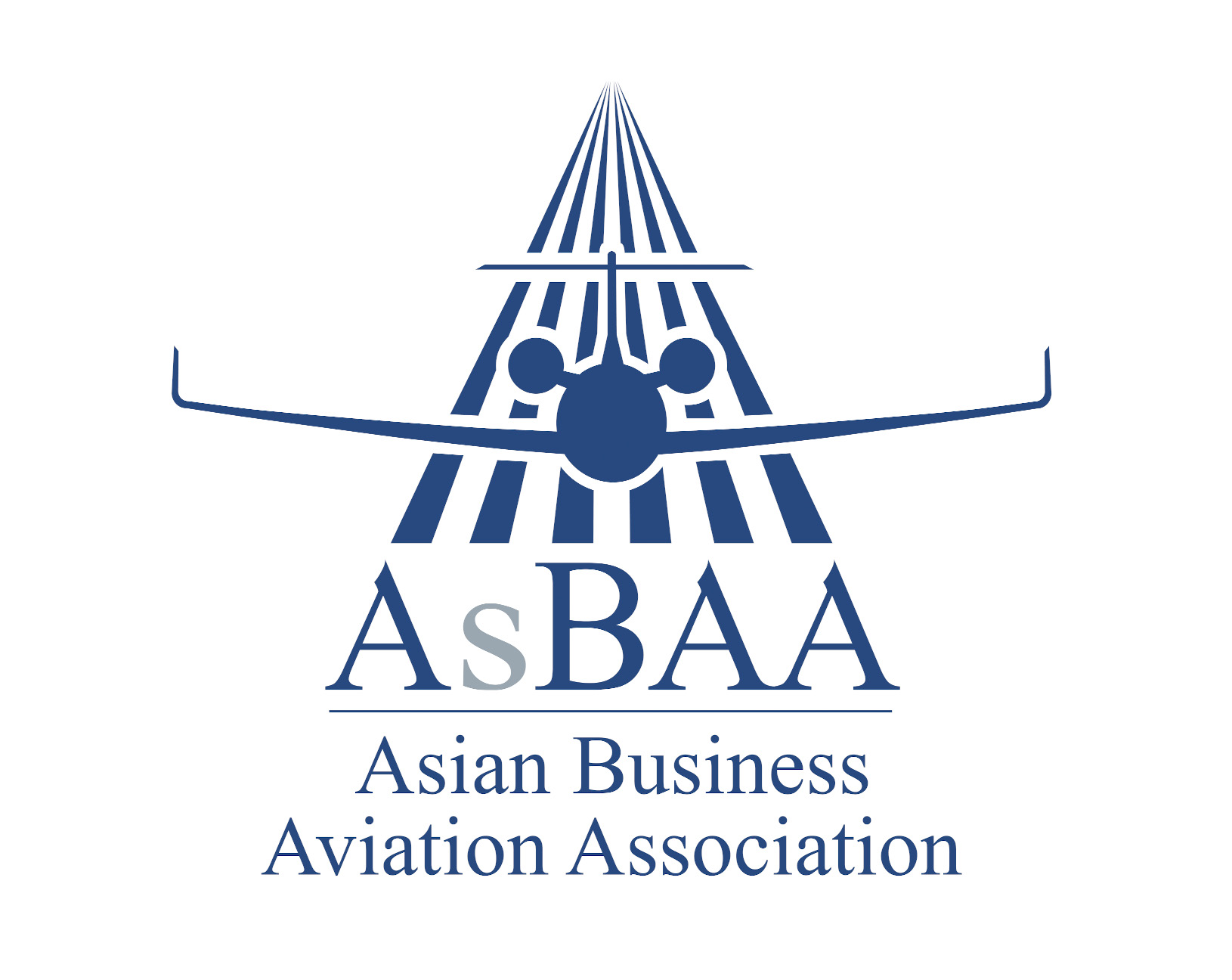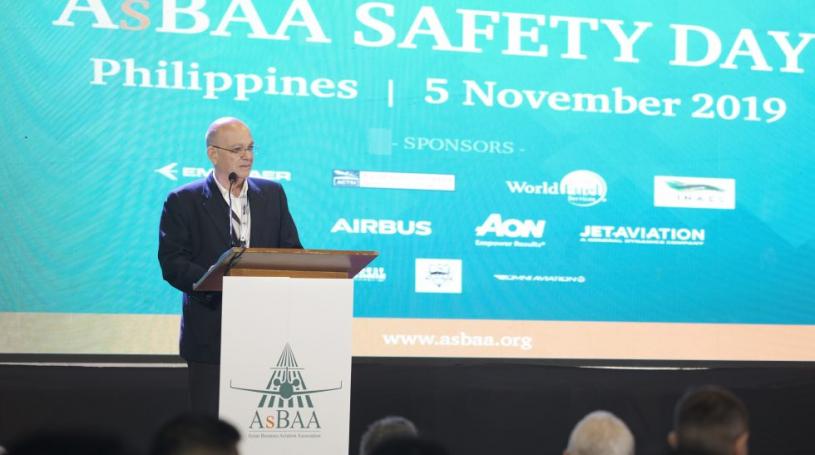AsBAA Chapter Focus – Philippines
April 27, 2020
Fernando L. Gaspar, Head of the AsBAA Philippines Chapter, discusses some details of the chapter’s latest concerns and expectations, as well as benefits the country has to offer to the Business Aviation industry.
Assuming a recovery starting in Q4, what are your priorities for the chapter?
- The effects of this crisis will be felt well into next year. We need to assess how AsBAA can help its members, especially the smaller operators.
- We will still be pushing for an amendment to the current ICAO – PCAR (Philippine Civil Aviation Regulation), which caters to commercial airliners, and incorporate ICAO – ISBAO as a separate standard to use for Business Aviation.
- We can form better and long term partnerships with both the private and public sectors to push for the continuous movement of medical supplies and PPE’s.
What makes The Philippines unique as a Business Aviation market?
- We have beautiful islands, most of which cannot be accessed by fixed wing and sometimes by rotary aircraft as well. So there is a need for more infrastructure to accommodate the smaller islands. This connectivity will help boost tourism and the benefits will trickle down to local businesses in those areas.
- The larger islands are well serviced by commercial airlines but flying habits will surely change and maybe commercial flights will not be able to accommodate the same amount of passengers given the new normal. We can capitalize on this if we can position general and business aviation as an affordable alternative to commercial flights.
- Furthermore, the Philippines is a good market for small to mid-size cabin aircraft and this might be a good time to market to buyers who are on the fence and passengers willing to charter because it will be appealing to them to have a cabin all to themselves and not have to share it. The market has a lot of potential.
- The Philippines is strategically located. Geographically we are well situated in the Asia Pacific region to be an MRO and Parking hub for business jets. NAIA is already full but there’s ample space in both Clark and Subic, of which both have no slot restrictions so there is ease of movement in and out. Also, given that they are both located in Free Zones, there will be significant savings on parts for example which can be passed on to potential customers.
- Lastly, I’d like to highlight the skilled Filipino workers we have both based here and those abroad. I firmly believe that if we can get the MRO and Parking business going in the country, we will be able to bring our countrymen home that they may apply their skills here and be close to their families.
To find out more about how AsBAA can support you in the Philippines, please get in touch.

